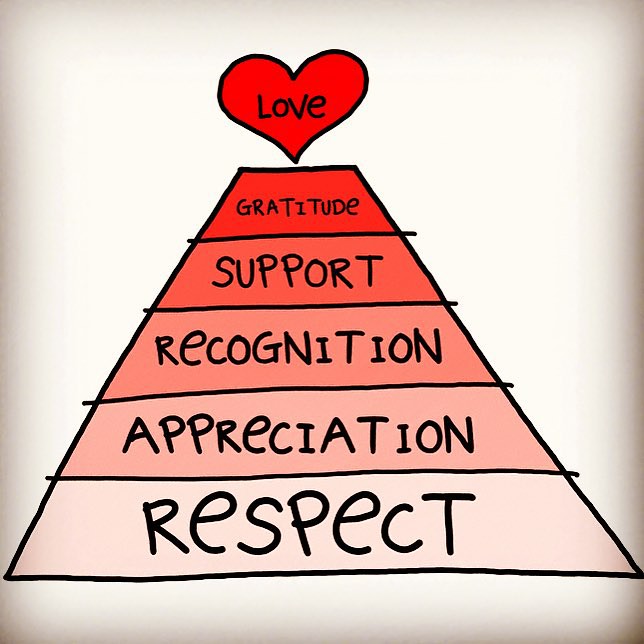Remember all those movies where the “popular girls”
ostracized the one they considered to be an “oddball” — maybe the ostracized
girl had the audacity to show up in hand-me down clothes or spoke out in defense
of another cast-out student. Sometimes these weren’t just movie themes,
sometimes they were painful realities that we may have had happen to ourselves,
or sadly, maybe we were the ones who feared being ostracized and went along
with the crowd even though we knew it hurt.
In many ways this is how today’s “Cancel Culture” works.
People, ideologies, books, movies and companies are cast out based on an OPINION
and often not actually tried and convicted. In a July 2020 article in Psychology
Today, Cancel Culture is explained, “Canceling begins with a real or perceived
transgression by the canceled entity that the canceler observes or is made
aware of and deems to be serious. The transgression can be about anything such
as the violation of a strongly held political value or a social justice value that
the canceler deems to be significant... Social canceling is not based on a
balanced assessment of the transgression or any absolute criterion of
wrongdoing. Because it's a visceral response and relies on one particular
shared understanding of the transgression, one side of the story so to speak,
every canceling campaign is necessarily grounded in bias.”
And therein lies the danger, it may be one person’s supposed
act, an assumed intent, an otherwise innocent lapse of judgement that sparks
the canceling or ostracizing. There is no judge and jury to decide, there is no
chance of defense, and often there is no chance of redemption. And what might
offend one or some really seems to have no effect on others.
We need to exercise sensitivity and respect towards others.
We need to educate ourselves about the social mores of different groups and
understand how some traditions may be purely innocent in their intent. We need
to respect everyone’s right to an opinion and to a large extent their right to
free speech — of course we also need to be aware that IF we find our actions
are offensive then we need to change them. And if we are offended by someone’s
unintentional offense, it is our obligation to say something in a non-combative
way at which time we should be able to expect their consideration in the
future.
There are certainly actions which are known to be wrong,
which will hurt others and if we flagrantly ignore those hurts, then of course
we are in the wrong. But if someone makes an otherwise innocent mistake, let’s
not become the stereotyped “popular kids” and cast out others without regard for their feelings.






No comments:
Post a Comment